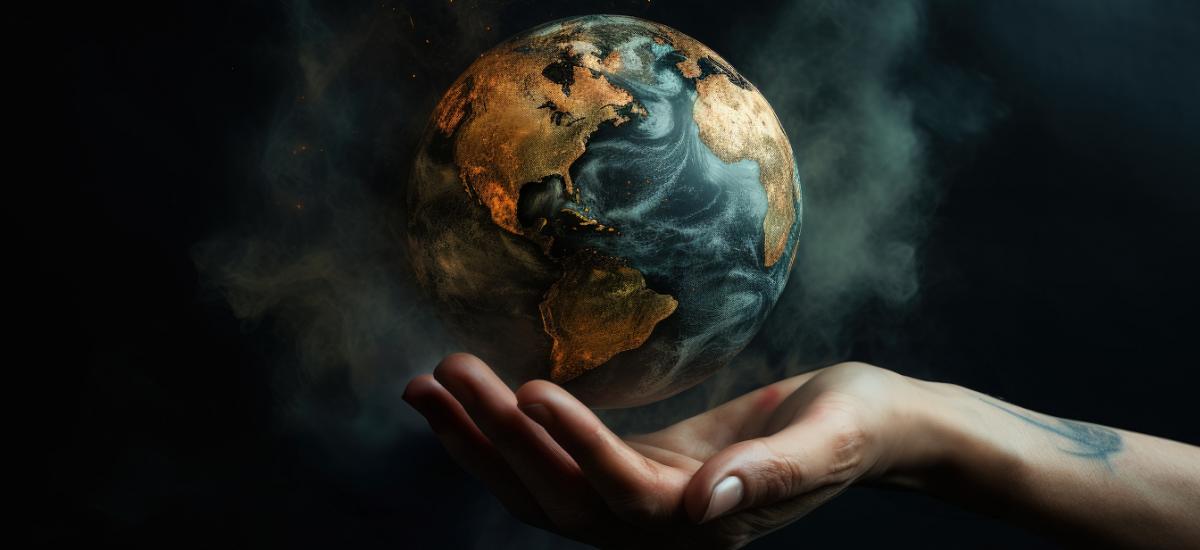Alvantia has been a member of the Spanish Network of the United Nations Global Compact for more than seven years. Its corporate culture promotes attitudes and commitments that help to build a fairer, more sustainable and balanced world.
Alvantia complies with the 17 Sustainable Development Goals (SDGs) of the United Nations Sustainable Development Agenda, which aim to restore the planet’s ecological balance and address the most urgent societal challenges. Of these, Alvantia focuses on SDG 13: Climate Action.
For years, Alvantia has been committed to implementing initiatives to combat the climate change crisis. Some of these initiatives have been: Replacing plastic packaging with paper or cardboard; Conducting studies to check the impact of changing offices in terms of the use of private vehicles; Counting the amount of materials used such as kilos of paper, computer material and batteries recycled; and finally the implementation of teleworking, which has helped to reduce waste in the workplace, as well as reducing energy consumption.
In addition, annual internal and external audits to monitor ISO14001 (implemented since 2015) allow us to measure the impact of environmental procedures, ensuring that good practices are maintained over time.
There is no doubt that today our planet is in a state of climate crisis, a clear consequence of human activity. This human activity includes such things as emissions from transport, excessive waste from litter and plastic, and polluting buildings and chemical industries. Also, the food system on which agriculture and livestock farming are based has become less sustainable. Another very important fact is deforestation, as trees are the main sources of CO2 transformation to oxygen.
All of this has had major consequences on our planet, such as the melting of ice at the poles, extreme temperatures and the extinction of several species of animals that have not survived this climate change.
It is for this reason that companies have chosen to develop and provide society with solutions to this major problem. According to the UN report “Frontier technologies to protect the environment and tackle climate change”, eight technologies are key to meeting Goal 13.
This report highlights eight key emerging technologies that have enormous potential to tackle climate change and meet the targets of UN Sustainable Development Goal (SDG) 13.
These technologies are as follows:
- Artificial intelligence (AI): To help reduce air pollution, reduce hydrological risk and manage waste.
- The Internet of Things (IoT): For smart management of energy infrastructures to help reduce carbon dioxide and greenhouse gas emissions.
- 5G: For the smart management of water supply to help reduce water loss and inefficiencies.
- Clean energy technology: For renewable electricity generation to help reduce fossil fuel consumption.
- The digital twin: For disaster risk planning to help increase environmental resilience.
- Robotics: For monitoring climate change impacts underwater and observing marine life to help protect biodiversity.
- Space 2.0 technologies: For accurate monitoring of ice sheets and ice caps to help accurately predict sea level rise and global weather patterns.
- Digitisation and Big Data: To leapfrog traditional pathways and help increase agricultural efficiency and food security.
In conclusion, these are the technologies that help countries fight against all those emissions that are harmful to our planet, each of them being decisive in the fight against climate change. This fight against global climate change is already underway, and it is up to us to monitor, help and mitigate its effects.


